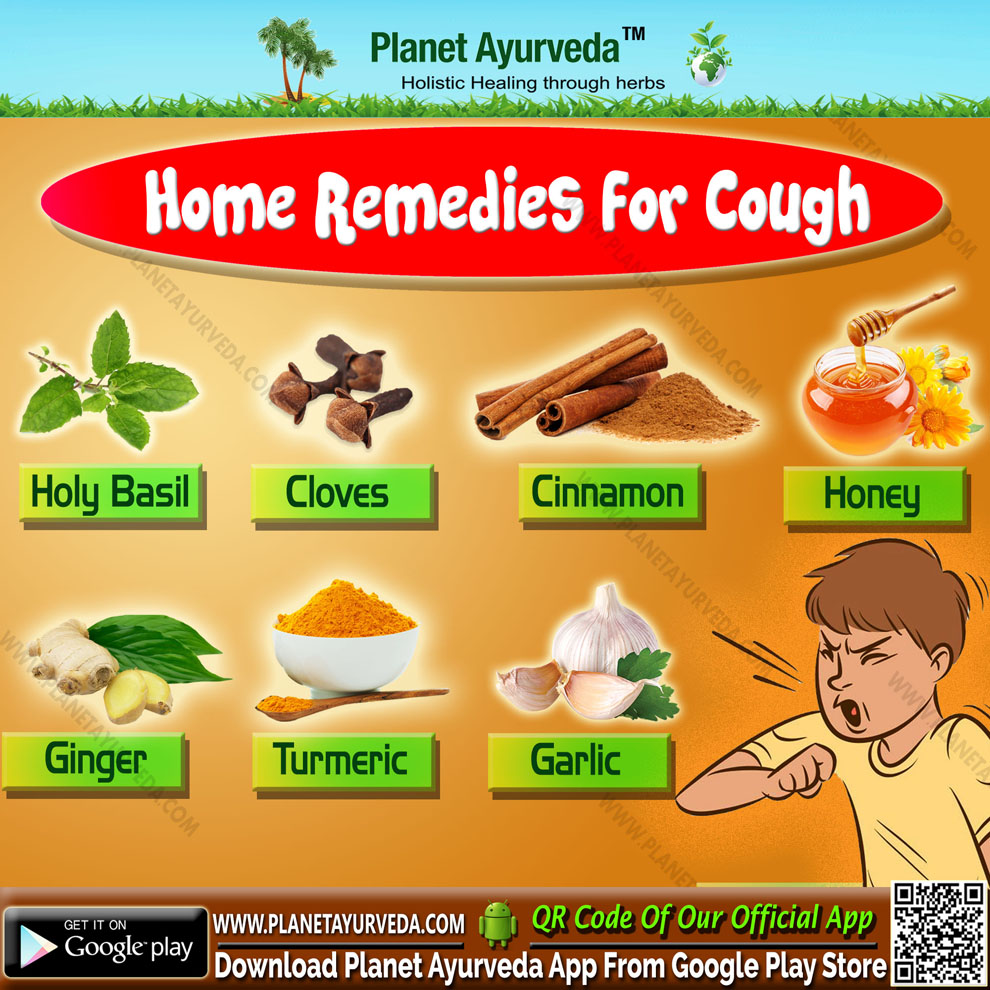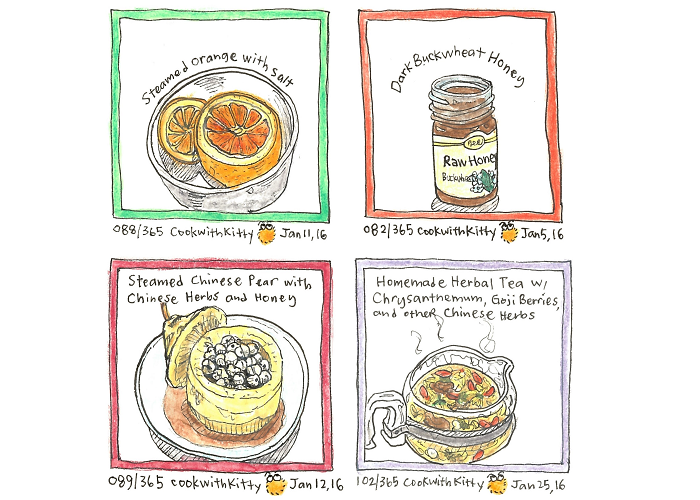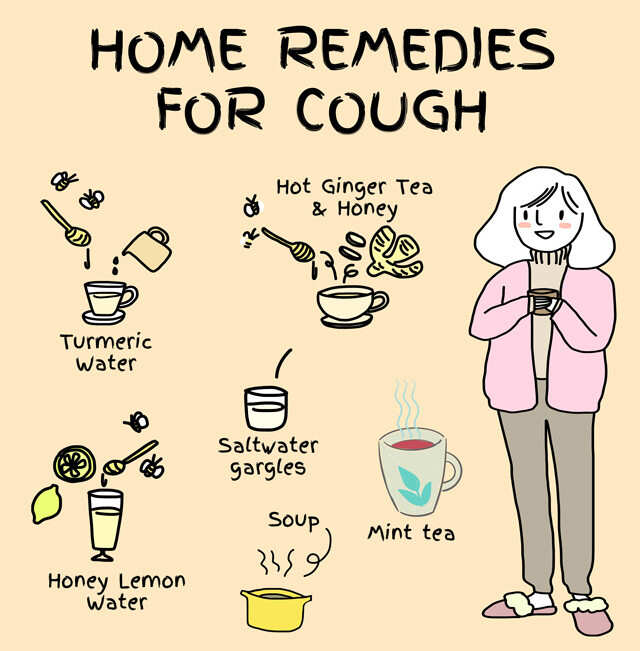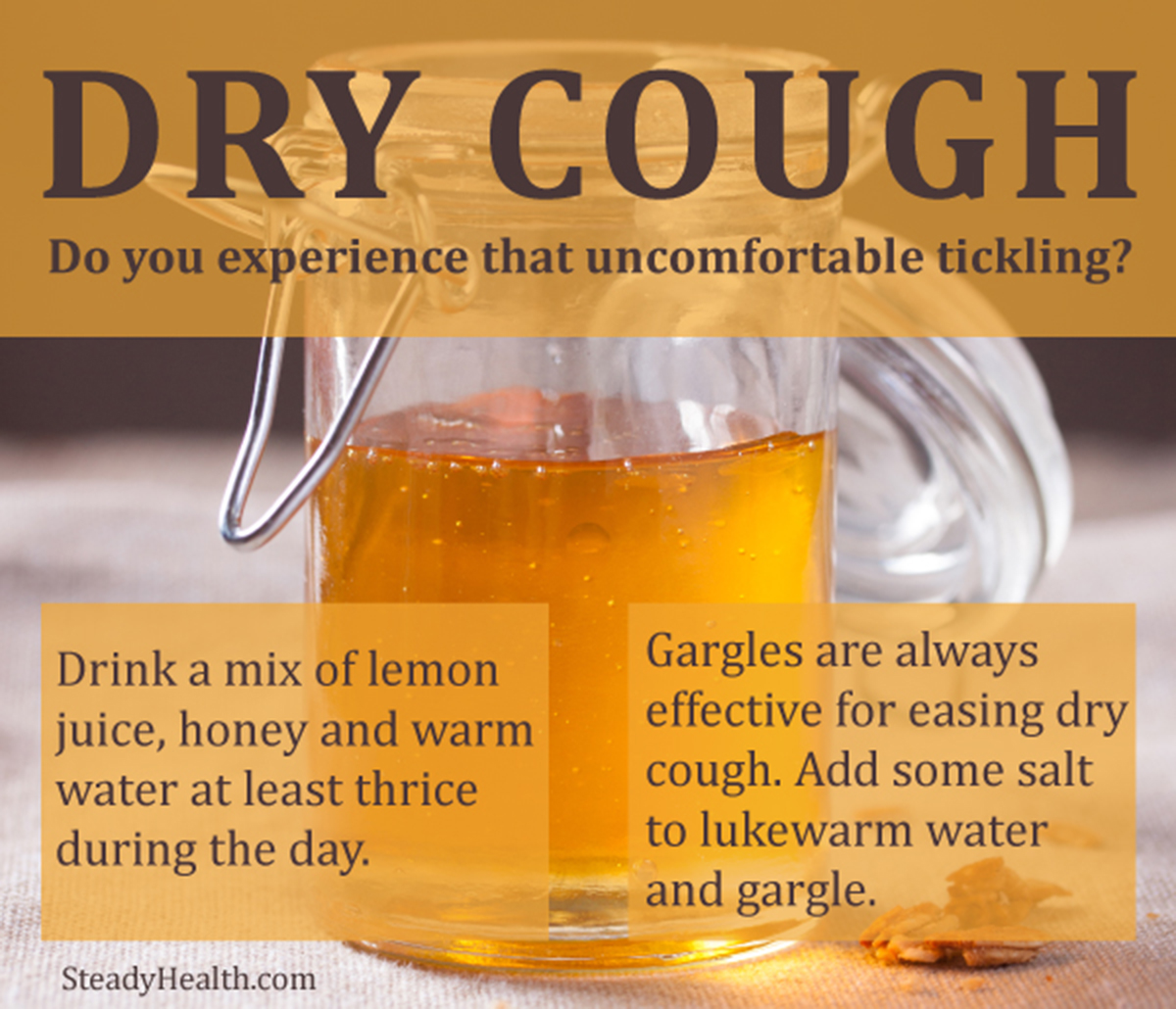Supreme Info About How To Treat Coughs
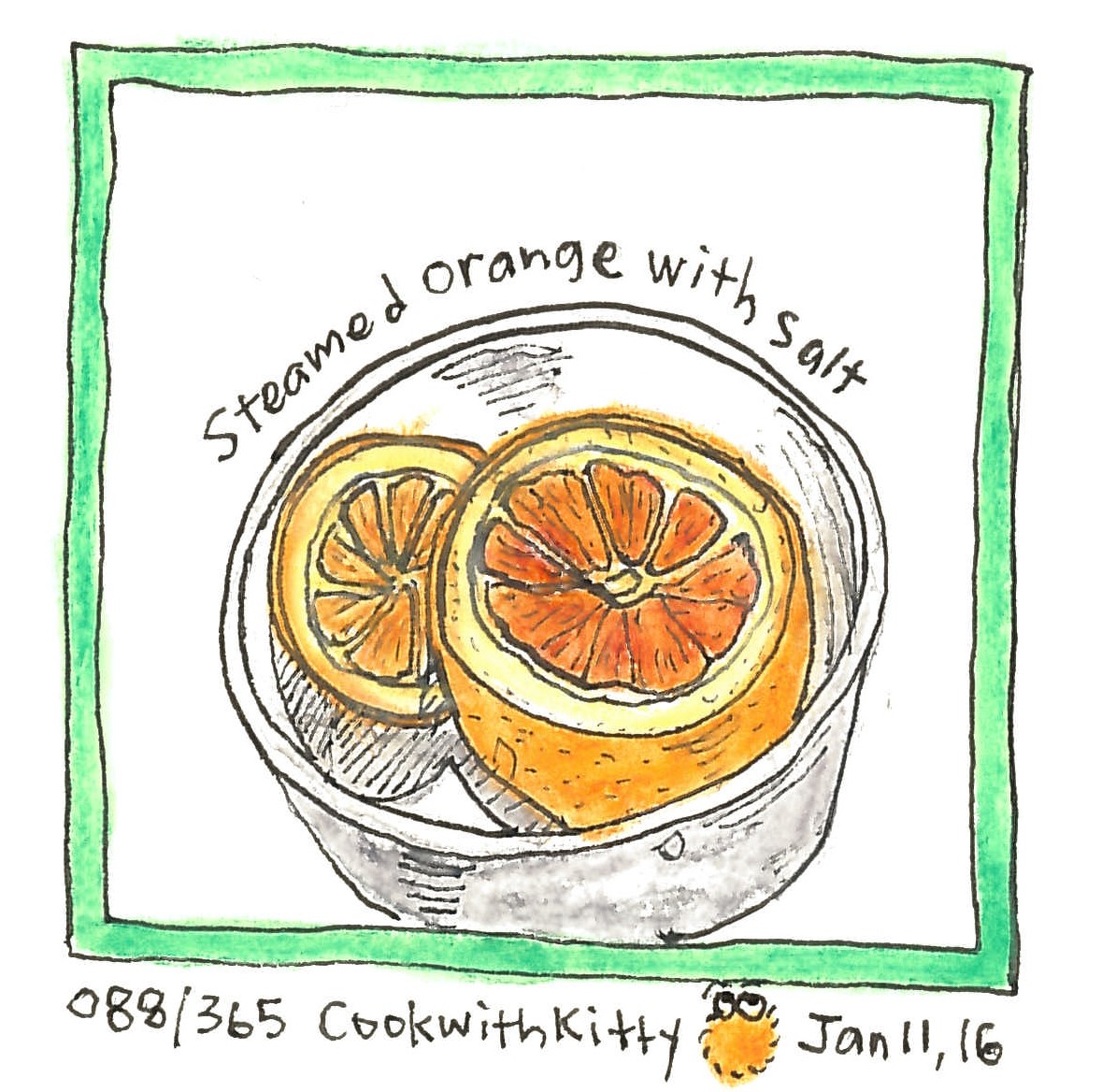
Treating a cough will depend on what is causing the cough.
How to treat coughs. These drugs are standard treatment for allergies and postnasal drip. Sip warm tea in addition to keeping a water bottle on hand to stay hydrated, make sure you're always well stocked up on soothing teas; Wet cough people might describe a wet cough as a chesty.
Home remedies for cough include supplements such as ginger and marshmallow root, and other forms of relief like steam and hot liquids. Throat lozenges or cough drops may relieve coughs temporarily. Treating a cough or sore throat during pregnancy.
A warm cup can soothe your throat and boost home healing. Sometimes you need to cough to get out nasty mucus. When you’re sick or your lungs have become irritated, your body reacts by coughing.
If you have a persistent cough, your doctor will want to treat any underlying condition that is causing the cough. What can be done to control or relieve a cough? Take a hot shower or bath, or lean your head over a bowl of hot water and breathe in for 10 to 15 minutes.
Medications that could cause a throat tickle include: Medications used to treat chronic cough may include: If you have an infection, your healthcare provider might prescribe some type of antibiotic or antiviral medication, but most viral coughs do not require antiviral.
Updated on march 30, 2022 medically reviewed by anju goel, md there are several different types of coughs. Gargling with salt water can also help in a pinch.
One study found that honey works just as. Smoking or breathing in other people’s smoke is. Treatment a person can ease the tickling sensation of a dry cough by drinking water, taking a cough drop, or using cough syrup.
There are also natural remedies that may help ease your cough symptoms. These can help reduce inflammation of the. But other times you need to calm your cough, like when you want to sleep.
Expectorants help you cough up mucus. How to find relief swallow some honey. Use cough medicine.
Medications may include inhaled corticosteroids or bronchodilators (for asthma), antihistamines and decongestants (for allergies), and acid blockers (for acid. They include fatigue, sore throat, congestion, runny nose, headache, body aches and cough. There's usually no need to see a gp if you have a cough.





